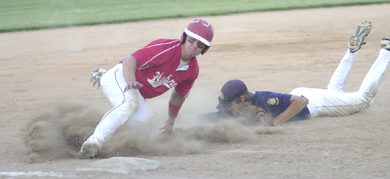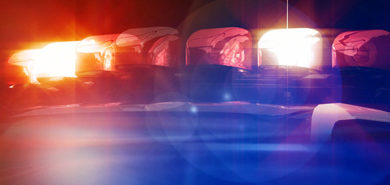City Focuses on Ordinances

The Hebron City Council focused on ordinance creation and change Monday night as the regular monthly meeting got underway. All three utilities, sewer, water and power, were under the gun as members tried to find the best way to increase revenue in an effort to offset recent costs affecting each.
Three proposals for increased electricity rates, all based on service charges, hit the table for discussion. The favored, increasing the service charge by $1.50, would add $16,947 per year to city coffers. It is the biggest leap of the three concepts. Council president Larry Fangmeier said he preferred the $1.50 increase over the others because taking a big hit once is painful only once. “Otherwise we baby-step our way to the same increase and feel the pain with each hike,” he said.
The service charge is the same for all commercial and residential customers and is being triggered by a significant raise in wholesale rates. Norris Public Power raised the City’s bill by $1,200 per month earlier this year.
While the officials only perused the three proposals Monday night, Fangmeier said he would return in May with exact figures for each.
And while he’s at it, he’ll also plug in one dollar service charge increases for water and sewer. “All three utilities need rate increases,” he said, “so I’ll raise the service charge on all of them and see what that does, then I’ll look at consumption.”
And on the subject of utilities, the council decided to change its meter deposit policy. Based on a request last month, the city leaders plan to return utility deposits to customers after an 18-month “probation.” As it stands now, deposits are only returned once an owner vacates a property, or shuts the meter off. Under the new ruling, customers who pay their bills in timely fashion will get their money back.
“We should waive one late payment,” said councilman Robert Dodes, “but if the customer is late again, the 18 months starts over. It should be that way for each late payment; your time starts over.”
Councilwoman Beth Goldhammer noted a move like this would generate quite a bit of work for the city clerk, Jean Nagey. “It’s going to take a while for people to get their money back,” Nagey commented. “We’ll be going back a long way and they aren’t all the same. Years ago, deposits were only five dollars.” Right now they are $250.
The meter deposit ordinance will be drawn up and delivered for possible passage at the May meeting.
While riding the current of ordinance creation, the council moved to get aggressive dogs under control. Councilman Kurk Wiedel said he has received complaints about pit bulls recently and would like to have a governance ordinance specifically for aggressive breeds.
Mayor Shane Day said there are six known pit bulls living in the Hebron city limits right now adding that over half of the calls the law enforcement center receives about dogs are directly related to this particular breed. He said one owner of two pit terriers said he moved to Hebron because the city of Bruning would not allow him to keep his dogs in the city limits.
City attorney Joe Murray presented Bruning’s ordinance regarding dangerous dog breeds as an example of what Hebron officials might consider when creating their own. The top five aggressive dog breeds in order of most dangerous to least include the Pit Bull Terrier, Rottweiler, German Shepherd, Husky and Malamute. The Doberman Pinscher is sixth.
The Bruning ordinance listed nearly 15 breeds of dogs. Some city ordinances choose to describe an aggressive pet rather than name specific breeds as a means of governing dangerous animals.
The council also considered increasing fines for barking dogs and stray animals which could go up to $50, and animal annoyances which could top out at $125. Ordinances for both subjects will be presented at the May meeting.
And finally, the council passed the addition of two-wheeled motorized vehicles with motors under 50cc’s to be added to the ATV ordinance.
Next week, we’ll take a look at some of the reasons city leaders need to raise water and sewer rates; with the mild winter and early spring, several maintenance projects as well as new installations for both systems have been and are currently underway.


